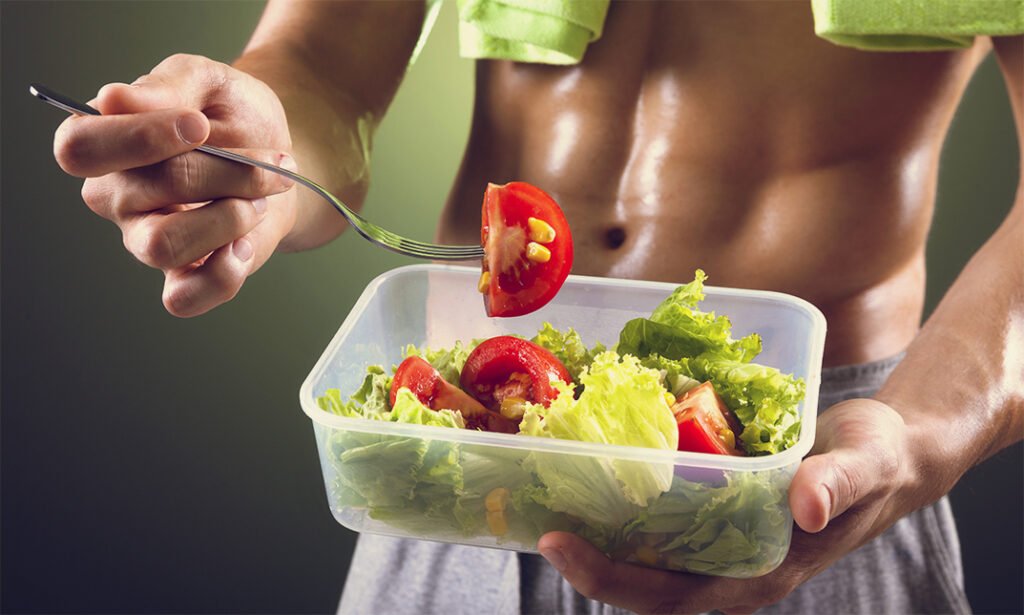Essential Advice to Make Your Korean Nutrition Journey Smooth and Successful
Korea’s reputation as a premier medical tourism destination continues to grow, not only for its advanced medical procedures but also for holistic wellness services like K-Style Nutrition Coaching. If you’re planning to visit Korea to improve your health through personalized Korean diet programs, proper travel preparation is key to maximizing your experience.
This comprehensive guide offers practical travel tips tailored specifically for medical tourists coming to Korea for nutrition coaching.
1. Plan Your Trip Around Your Nutrition Coaching Schedule
- Book your nutrition consultations in advance: Popular clinics often have limited availability, especially for English-speaking dietitians.
- Coordinate with your medical procedures or treatments: If you’re combining nutrition coaching with surgery or wellness treatments, plan sessions around recovery times.
- Allow buffer days: Give yourself a few days before and after sessions to adjust to the new environment and recover from jet lag.
2. Prepare Your Travel Documents and Visa
- Check visa requirements: Depending on your nationality, you may need a medical tourist visa or a short-term visitor visa to enter Korea. Some countries enjoy visa-free entry for up to 90 days.
- Carry medical records: Bring relevant health documents, lab results, and a list of current medications to share with your nutrition coach.
- Keep clinic appointment confirmations handy: Have digital and printed copies of your booking details and contact information for your clinic.
3. Understand Korean Cuisine and Dietary Culture
- Research typical Korean foods: Familiarize yourself with common ingredients and dishes included in the K-Style Diet such as kimchi, bibimbap, seaweed soup, and fermented soybean paste.
- Be open to trying new flavors: Korean cuisine offers a balance of spicy, sour, savory, and umami tastes. Embracing these flavors enhances your diet coaching experience.
- Learn basic food vocabulary: Knowing simple Korean words for “no spice,” “allergy,” or “gluten-free” can be helpful when dining out.
4. Language and Communication Tips
- Choose clinics with English-speaking staff: Ensure your nutritionist or interpreter can clearly communicate your health goals and concerns.
- Use translation apps as backup: Apps like Papago or Google Translate can help with day-to-day conversations.
- Prepare a list of questions: Writing down your queries ahead of consultations improves communication efficiency.
5. Accommodation Recommendations
- Stay close to your nutrition clinic: Choosing accommodation nearby reduces travel stress and allows punctual attendance for your sessions.
- Consider wellness hotels or serviced apartments: Some offer healthy meal options aligned with Korean dietary principles.
- Check for kitchen facilities: If you prefer preparing your own meals, access to a kitchen is a plus.
6. Transportation Tips
- Use Korea’s efficient public transit: Subways and buses connect most major districts. Download apps like KakaoMap or Naver Map for easy navigation.
- Consider airport pickup services: Many clinics offer airport transfers or package deals including transportation.
- Taxi services: Taxis are widely available, but having your clinic’s address in Korean saved on your phone helps with directions.
7. Managing Health and Nutrition While Traveling
- Stay hydrated: Korea’s climate varies seasonally; carry a water bottle and drink herbal teas like barley tea (bori-cha).
- Carry snacks: If you have dietary restrictions, bring healthy snacks to avoid hunger between meals or sessions.
- Take note of sodium content: Korean fermented foods can be high in sodium; balance your intake accordingly.
- Adjust gradually to fermented foods: If unfamiliar, introduce kimchi and others slowly to prevent digestive discomfort.
8. Currency and Payment Methods
- Have Korean won (KRW) on hand: Smaller clinics or local eateries may prefer cash.
- Use international credit cards: Most clinics accept Visa or Mastercard; confirm beforehand.
- Mobile payments: Apps like KakaoPay and Toss are popular but may require a Korean phone number.
9. Cultural Etiquette and Wellness Mindset
- Be punctual: Korean clinics value timeliness; arrive a few minutes early for appointments.
- Respect clinic protocols: Follow hygiene and dress guidelines, especially in medical settings.
- Stay open-minded: Embrace Korean wellness philosophies and practices for a more enriching experience.
10. Post-Visit Follow-Up and Maintaining Your Diet
- Arrange online coaching sessions: Many clinics provide follow-up consultations remotely to support your continued progress.
- Stay connected with Korean dietitian communities: Join social media groups or forums for recipe ideas and motivation.
- Prepare your home kitchen: Stock up on key Korean ingredients to maintain your diet after returning home.
Final Thoughts
Traveling to Korea for K-Style Nutrition Coaching offers a unique opportunity to improve your health through personalized, culturally immersive dietary guidance. Proper preparation—from scheduling to understanding local customs—ensures you maximize the benefits of your nutrition journey.
By following these travel tips, medical tourists can enjoy a smooth, stress-free, and effective wellness experience in Korea.




